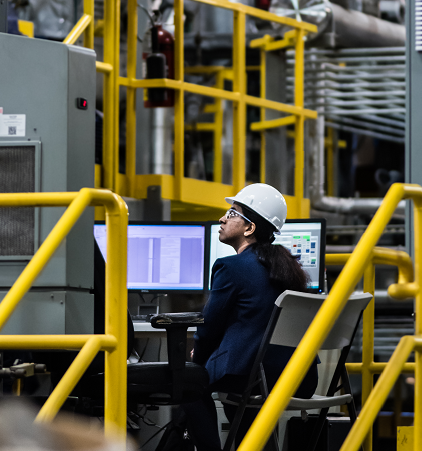A Circular Economy for Acrylic
Depolymerisation: breaking it down to basic building blocks, Lucite International
Lucite International to open an acrylic recycling plant in Europe by 2025
Acrylic, or Polymethyl Methacrylate (PMMA), is one of the world’s most versatile materials – used in signage, protective COVID-19 screens, lighting, automotive fittings, furniture, household goods and much more.
It’s loved by product specifiers worldwide for being light, strong, durable, and easy to form and fabricate. What’s more, it is matchable to any colour on the spectrum and can even be clearer than glass.
Acrylic can also be fully circular. Using molecular recycling, the acrylic polymers can be broken down and purified into its virgin-quality building block (MMA) from which new acrylic can be produced with the same quality as the original. This is the foundation for a truly circular economy.
Lucite International (LI), a group company of Mitsubishi Chemical, is working with Agilyx Corporation (Agilyx) to make this happen and the first small-scale trial of recycling acrylic with Agilyx’s molecular recycling technology has been successful. The results of the trial were in line with LI’s objective of producing circular acrylic as pure as virgin acrylic.
By 2025, the company aims to open its first plant in Europe. It will take in used acrylic and give it a new life.
As a result, manufacturers of acrylic products will be able to have their products recovered and recycled through MMA into new acrylic and end users will be able to choose fully recycled acrylic products.

Current estimates suggest that circular acrylic will reduce the CO2 footprint by around 70% compared to virgin acrylic.
This is a major step forward in making acrylic fully circular. This is particularly important given that only 6-10% of acrylic is currently recycled.